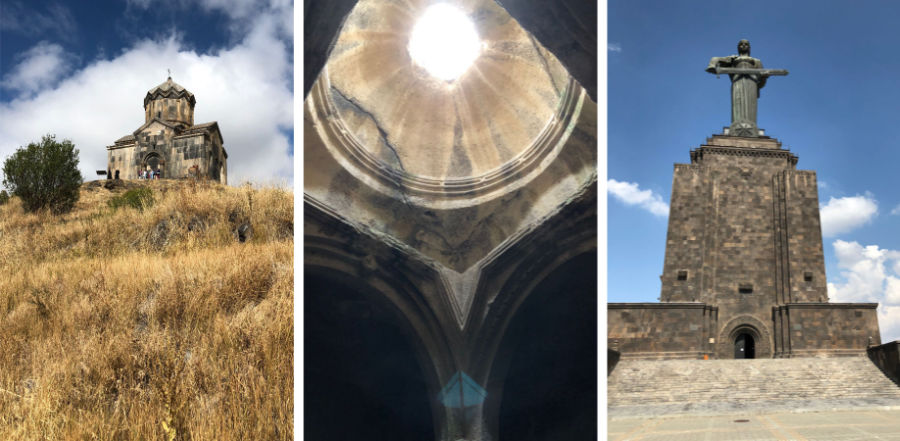Welcome to the Sion College Website
Who are we?
Sion College supports the education and fellowship of Church of England clergy in London. It was founded by royal charter in 1630 after a bequest by the Revd Thomas White.
Initially a library, the College has changed and developed down the centuries to meet the needs of its clergy. Sion College is administered by a Court of Governors elected annually.
What do we do?
Each year Sion College presents a varied programme of events: lectures, seminar suppers, theatre trips, museum and gallery visits, residential visits in England and abroad.
Sion College also offers grants towards study leave and other course costs, as well as residential study at Gladstone’s Library and refreshment at St Mary and Martha Sheldon.
Sion College Visit to Ireland, 21st – 26th October, 2024

A group of fellows and members of Sion College visited Ireland in October 2026. The group stayed at Corrymeela in the North and at Maynooth Seminary in the South.
The visit was a chance to explore in depth the recent history of peacemaking in Ireland, with a number of talks and visits on this theme, as well as to understand the general recent history of the Christian churches in both North and South and some of the challenges facing them.
Visits to Corrymeela itself, to Kildare and Dublin and places in between gave the group insights into faith and spirituality and into how this has affected political and social attitudes.
Alongside these visits, there was time also to explore other cultural and natural highlights, such as Giant’s Causeway and the Bushmills Distillery.

Sion College visit to Armenia 2019

A diverse group of twenty-six clergy, drawn from several dioceses, and at different stages in their ministry, embarked on a Sion College Study Tour to Armenia in September 2019.
Our tour guide Tagouhy gave us a very warm welcome and was keen to ensure that we came to understand the history and people of Armenia. Much of the scenery is very rocky and we were told of the Armenian saying that ‘God gave us stone and we have turned it into bread’. We observed how European the city of Yerevan felt for many of us, compared with the unfamiliarity and material poverty of life outside the capital.

The study tour included visiting churches and monastic complexes which had been awarded UNESCO World Heritage Site status, as well as encountering the everyday reality of a church in a country which has known and lived persecution many times over the centuries. The group dress code at all the religious sites visited was cassocks, and both local people and tourists were fascinated by the novel sight of women priests.
Members of the group were struck by the power of the Armenian liturgy and it was a great privilege to be able to share worship together in both languages. One member of the group commented that all the music heard was in a minor key, perhaps reflecting the soul of a country forged in adversity. We wondered whether the impact of the ending of the Soviet Union had brought society closer to the church, or whether in general people’s faith had been destroyed.

The group all agreed that they would like to learn more, particularly about the relationship between the state and the church, and what church life is like beyond the monastic centres. Key outcomes of the visit include a heart to pray for the communities visited, to campaign for recognition of the Armenian genocide and to encourage continued links with clergy met during the visit.
Sion College exists for the fellowship and education of the clergy, and this tour certainly encompassed both. Friendships were made and deep conversations were had, either on the bus, walking up precarious steps to a mountainside monastery, or over meals. Although the group was drawn from a variety of backgrounds, this diversity enhanced conversations and brought new perspectives not only to our reflections on the church in Armenia, but also to our own contexts, challenges and opportunities.
Forthcoming Events
-
Thursday 15th May, 2025
ANNUAL FEAST OF SION COLLEGE Drapers’ Hall, Throgmorton St, London EC2N 2AN The President and Court...
-
Wednesday 21st May 2025
A Sion College Seminar with Professor Jane Shaw: Evelyn Underhill: A pioneer of modern...
-
Thursday 19th June, 2025
A Sion College Seminar and Dinner with Chine McDonald Chine McDonald is Director of Theos, the...
-
Thursday 26th June, 2025
Canon Paul Wright Seminar on Charles I at the Chapel Royal. Dinner at the Travellers Club The talk on...

